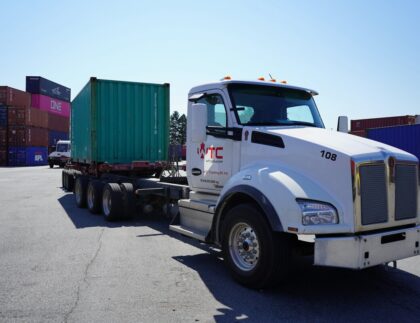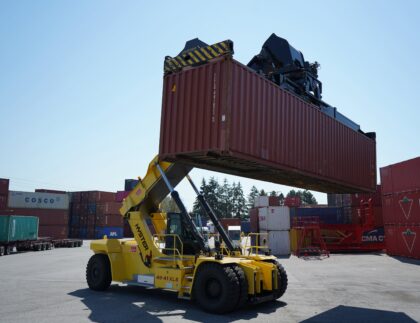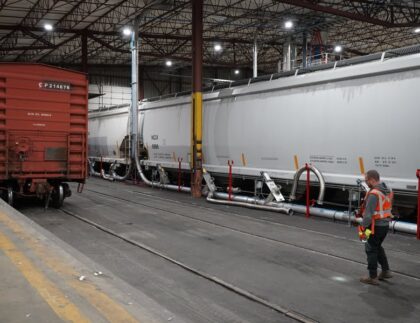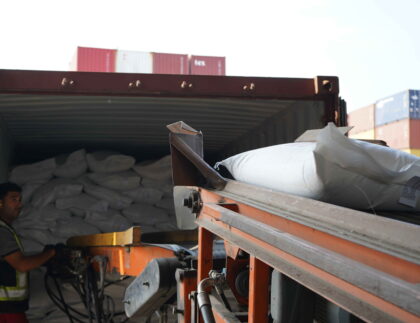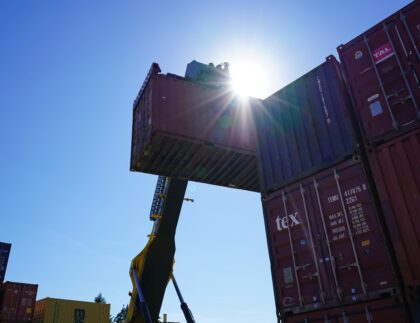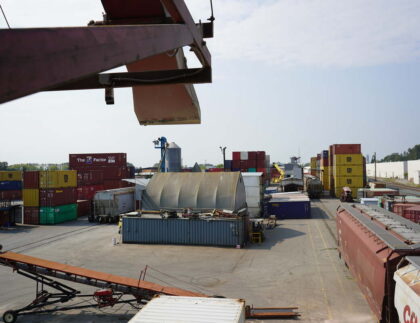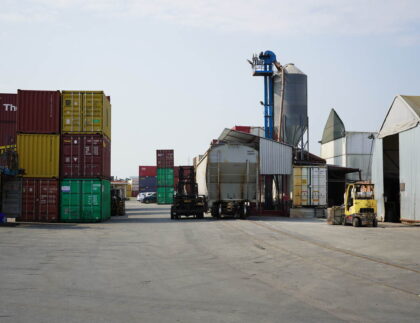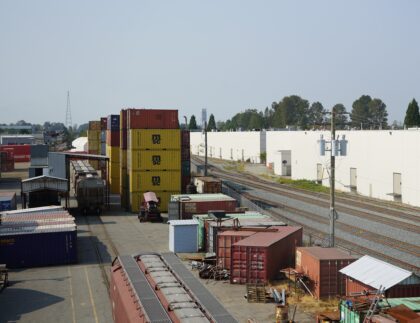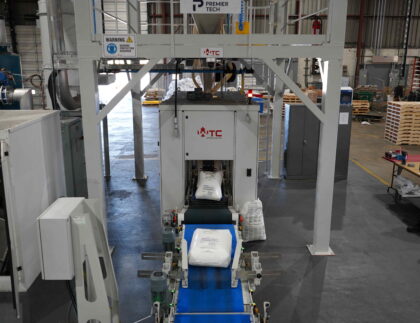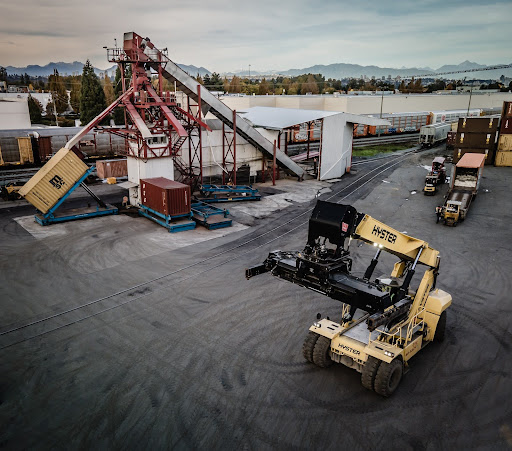
In the dynamic landscape of Canadian grain exports, transportation methods have evolved significantly over the past two decades. The shift from bulk shipping to containerized export has sparked debates and discussions within the logistics industry.
In this exploration, we examine the development of Bulk and Containerized Grain Exports in Canada since 2000. We’ll analyze the trends, challenges, and opportunities in transporting grains from Canadian farms to global markets. Through comparison, we aim to reveal the advantages and limitations of these two approaches.
What are Containerized Grain Exports?
Containerized grain refers to grain commodities that are transported and stored in containers for shipping purposes.
Containerized grain offers unique advantages over traditional bulk shipping methods:
- Protection from the Elements
- Faster Loading and Unloading Times
- Better Monitoring and Supply Chain Quality Control
- Transportation Flexibility
- Container Traceability
- Smaller lots, and therefore access to more overseas buyers
- Ability to segregate by grade/quality and extract more value
What are Bulk Grain Exports?
Bulk grain refers to grain commodities transported in large quantities without individual packing or containment. In contrast to containerized grain, bulk grain is loaded directly into the cargo holds of ships, railcars, or trucks without using containers.
Bulk grain is often associated with:
- Large Quantities
- Lower Cost
- Limited Protection to External Elements
- Lower Flexibility
- And Requiring Higher Specialization
- Blended grades/qualities
As a result, bulk grain shipping is more commonly used for large-scale transportation of grain commodities, especially for domestic and international trade, where economies of scale are important. When using bulk shipping, it is essential to consider the expected risks as part of the cost.
Current Trends in 2024
As we delve into the current landscape of grain exports from Canada, it’s evident that both bulk and containerized methods have undergone notable shifts since the turn of the millennium.
Containerized Grain Exports
Since 2000, containerized grain exports from major Canadian ports have surged impressively, marking a remarkable 163% increase.
This increase has also been marked by a substantial uptick in the proportion of total grain exports now shipped via container, which peaked in 2020 at 12% of Canada’s total grain exports, up from only 4% in 2000.
Recent technological upgrades have made containerized shipping a continually more attractive option in 2024.
Bulk Grain Exports
In alignment with the overall trajectory, bulk grain exports have also seen an increase since 2000, albeit more modest, boasting a 15% increase. Notably, from the ports of Montreal and Prince Rupert, bulk grain exports have decreased from where they were over 20 years ago.
Technology Improvements
In recent years, WTC Group has undergone significant research and development to improve the containerized grain export process. One notable advancement in increasing speed is the development of custom-built bulk containerization solutions. These solutions boast unprecedented speed, with fully automated systems capable of loading up to 27,000 kilograms of product in less than three minutes.
Additionally, WTC Group is now leveraging multiple digital elements such as Optical Character Recognition (OCR) cameras, Radio-Frequency Identification (RFID) readers, and radar technology to improve the bulk containerization process.
These innovative systems are designed to load up to four containers in sequence, minimizing downtime and optimizing operational throughput.

Environmental, Social, and Governance Principles
In alignment with Environmental, Social, and Governance (ESG) principles, technological advancements contribute to sustainability efforts. Through initiatives such as obtaining a Gross Vehicle Weight (GVW) variance, which enables a single truck to shuttle two containers between WTC terminals and the Port of Vancouver, a remarkable 35% reduction in our trucking footprint has been achieved. Additionally, the integration of Ecodiesel among our entire fleet further underscores the commitment to environmental responsibility, showcasing a holistic approach towards sustainable logistics solutions.
Containerized Export with WTC Group
Containerized grain exports have surged impressively over the years, driven by advancements in technology and logistics. Recent upgrades have further enhanced the efficiency and reliability of containerized shipping, making it a compelling option for exporters in 2024. Meanwhile, bulk grain exports have also seen moderate growth.
The technological improvements led by WTC Group show our commitment to continuous innovation and sustainability. From custom-built bulk containerization solutions to the integration of digital elements for enhanced efficiency, these advancements underscore a proactive approach toward meeting evolving market demands while reducing environmental impact.
Contact us for more information about our logistics, transloading and agricultural export services.


